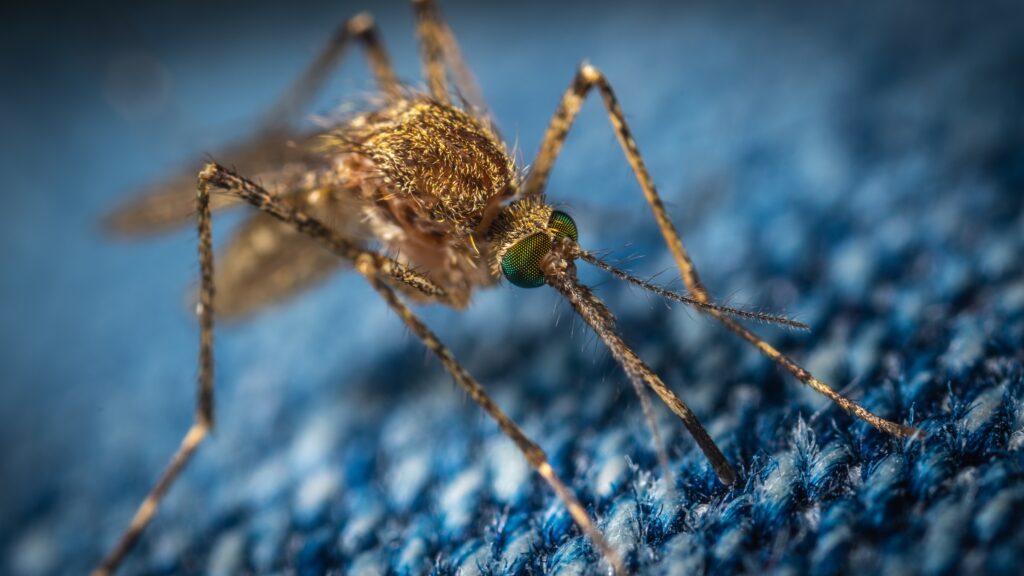
Oxford University has created the world’s second malaria vaccine, named R21/Matrix-M, which was recently recommended for use by the WHO, and could be rolled out as soon as 2024.
Each year, over half a million people die from malaria, the majority of whom are children and pregnant women. Malaria is caused by parasites which are carried by the anopheles mosquito. When the insect bites a human, the malaria parasite, also known as a sporozoite, enters the bloodstream, where it first uses liver cells to reproduce, and then red blood cells, resulting in symptoms such as high fevers, chills, and in severe cases, death.
The R21 vaccine works by targeting the sporozoite, delivering a protein to the parasite which is the same as it excretes, combined with elements of the Hepatitis B virus. This initiates the body’s immune response, triggering immune cells to swarm in and destroy the Sporozoite before it has time to reproduce and multiply into the next stage of its life cycle.
The R21/matrix-M vaccine is much cheaper and can be manufactured in larger numbers than its predecessor, the RTS,S vaccine. This means it can be given to more people, helping to prevent the spread of malaria, and ultimately save lives.
As the general director of WHO, Dr Tedros Adhanom Ghebreyesus, recently stated “Demand for the RTS,S vaccine far exceeds supply, so this second vaccine is a vital additional tool to protect more children faster, and to bring us closer to our vision of a malaria-free future.”
As temperatures rise, more areas will cross the threshold for malaria transmission
Due to temperature increases caused by climate change, the rate at which malaria parasites develop within mosquitos will increase. Combined with the fact that hotter temperatures increase the rate that mosquitos feed on humans, this results in a greater transmission of malaria. Additionally, malaria cannot spread below 18°C, as the Anopheles mosquito dies before the parasite develops enough to be transmitted. However, as temperatures rise, more areas will cross the threshold for malaria transmission, bringing a greater risk of the disease to new areas. Thankfully, this is unlikely to impact the UK, due to systems being in place to efficiently treat anyone who contracts Malaria; however, this makes the development of the R21/Matrix-M vaccine even more significant for regions that don’t have the money to put such structures into place.


